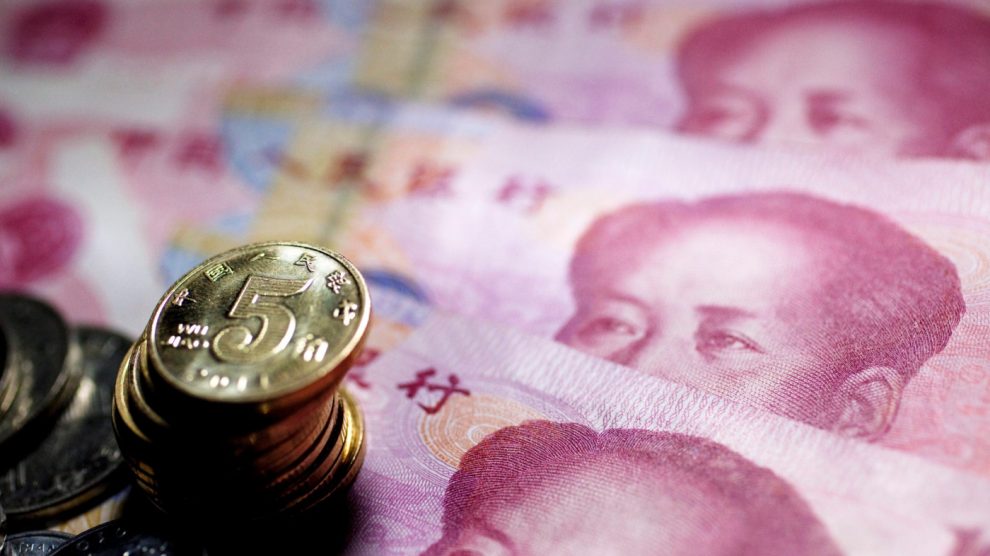“China underground bank” is what investigators of the Guardia di Finanza (Italy’s Finance Corps) call a suspected shadow credit institution that might be syphoning off billions of euros from Italy towards China by offering special services to unique clients.
- The ongoing investigation has found alleged “branches” in Rome, Florence, Padua, Prato, Naples and Reggio Calabria, reported La Repubblica.
- The GdF has notified Europol, which in turn has already alerted all EU police forces to understand if the network exists beyond Italy.
A sprawling operation. Enquirers talk of “an organised and complex underground system” capable of laundering up to two billion euros yearly and sending the money into accounts held at the most prominent Chinese state banks.
- Its “clients” range from mafia-linked drug traffickers to North-Eastern Italian entrepreneurs, Russian oligarchs (who cannot make traceable purchases in Italy due to sanctions) and the Chinese super-rich who want to shop in the great Italian fashion streets.
- That’s an order of magnitude above the well-known practice of Chinese expats sending small remits back home through the shadow Chinese economy, as recounted by Italy’s intelligence in its latest annual report.
Strengthening defences. However, as demonstrated by the Alpi Aviation investigation (an Italian drone company that was about to end up in Chinese hands) and other cases, Italian authorities and intelligence departments have been increasingly watchful.
- Former Prime Minister Mario Draghi expanded the government’s Golden Power (i.e. its special powers to protect strategically-relevant national assets and companies from undue foreign interference).
- His successor, current PM Meloni, signed further measures to protect national companies into law.
- As the Golden Power remit expanded, more companies notified the government of potentially significant operations: from 83 in 2019, to 341 in 2020, to 496 in 2021.
The latest: TikTok. In the wake of other Western countries considering the security issues potentially posed by the Chinese app, Rome is currently weighing whether to follow Brussels and Washington in banning public administration employees from installing it on their devices.
- Earlier this year, in the wake of US initiatives, Parliament’s Intelligence Committee began looking into TikTok. Enrico Borghi, who sits in the Committee, assured our sister website it is “adequately vigilant and operational on the issue.”
- “In short, we cannot become official and unwitting suppliers of information to an autocracy that then turns this big data against us,” he said, noting that Chinese law allows the State to request and obtain from China-based companies any data they deem necessary.
- ByteDance, the company behind the app, pushed back against these developments and the doubts regarding its user data management. In 2020, it opened its Southern European office in Milan, with jurisdiction over Italy, Spain, Portugal and Greece.





